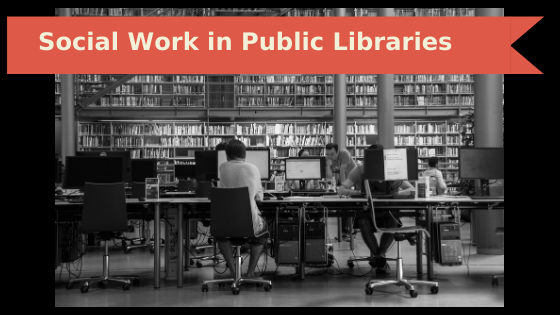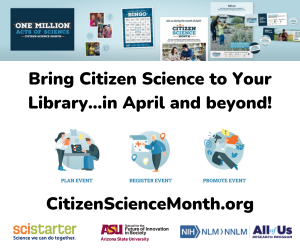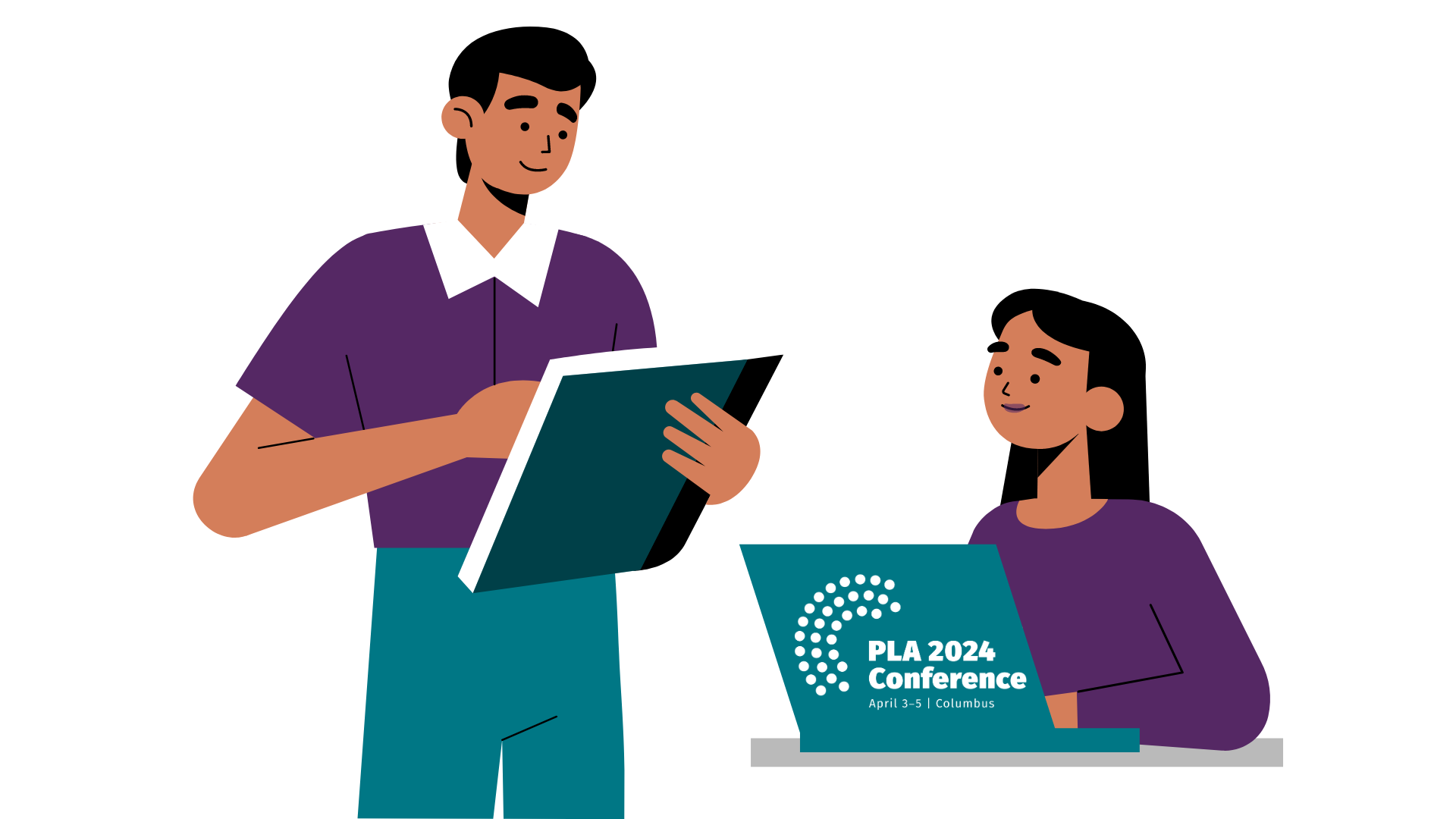Prioritizing Staff Mental Health When Reopening

by Patrick Lloyd, LMSW, Community Resources Coordinator, Georgetown (TX) Public Library; member of PLA Social Worker Task Force.
My library shut our doors to the public on March 17, 2020 but we did not close. Within 48 hours of locking our doors, we began offering curbside pickup. This continued for about two weeks at which point we ended curbside pickup and began offering home delivery. Delivery services lasted for roughly three weeks until we ended that service and once again began curbside. Four days later, on May 1, we ended curbside pickup and reopened our doors to the public at 25% of our typical capacity, the first day our governor allowed us to do so. We were not directed to reopen by the state. When our city leadership were asked why we were reopening so soon amid so much uncertainty, we were told only, “the library needs to reopen.”
We are a single branch library system with roughly 25 full-time employees serving a city of about 80,000. Throughout this chaotic experience, many of our staff were not able to work from home. Our employees were stressed not only by the COVID-19 pandemic but by the ever-changing nature of the services that we were creating on the fly, only to then end those services and be directed to create another new service from scratch. As you can imagine, heads are (and have been) spinning. Many of our best staff members are feeling angry, isolated, and resigned. Some feel unsafe at work yet trapped in their jobs as they watch friends and colleagues fall victim to layoffs and furloughs. How do I know so much about my coworkers’ feelings? I began facilitating voluntary lunch hour support groups for our staff in late March. These groups continue twice a week.
Library leadership need to have realistic expectations for the challenges facing employees and patrons, alike. As libraries across the country move towards reopening, I am increasingly concerned about staff burnout. If my experience is any indication, our institutions can expect employees to have understandable safety concerns regarding covid-19. Compounding this worry are the ongoing protests of police brutality against black Americans. Our country is destabilizing in unprecedented ways across public health, economic, social, and justice systems, all at the same time.
Due to all these events, each of us — but particularly people of color – are currently experiencing an ongoing, complex trauma. Patron or staff, when we experience trauma, there are number of consequences: cognitive challenges, difficulty sleeping, and dysregulated emotions to name only a few. When we again allow large numbers of patrons into our buildings, we can expect confrontations – either between patron and staff or among patrons — in our libraries to escalate in both frequency and severity as nerves fray and patience wanes.
Sadly, we can also expect that the needs of our patrons will far exceed the service capacity of not only our libraries but also the social service providers in our communities. Case managers, emergency shelters, and domestic violence advocates had wait lists before the pandemic hit and the economy tanked. These services will now be further under-resourced and overwhelmed. Patrons who were vulnerable before the pandemic will now be even more vulnerable. Folks who previously lived reasonably stable lives will now be facing increased instability.
Unfortunately, I do not have any easy answers to these difficulties. However, I do feel strongly that the magical thinking offered by many in leadership positions is not helpful. Covid-19 will not disappear miraculously. Our economy will not reopen overnight. The trauma of our personal and collective experiences will have repercussions far beyond this current crisis. Staff members will not feel safe completing tasks that used to be commonplace, no matter the precautions taken. Library leadership should not expect staff to be able to operate in the same ways that they have done so in the past; to expect them do so is harmful to the well-being of employees.
As public servants, we need to be honest with ourselves regarding the challenges that we and our communities are facing and to steel ourselves as best we can for the road ahead. To be blunt, we are all in for a very difficult time for a very long time. I believe that realistic expectations will serve to protect our mental and emotional well-being as we move forward.
Now more than ever, our libraries must prioritize not only the physical safety of our staff members but also their mental health. I see this as both compassionate workplace policy and a customer service issue. As libraries and our community partners attempt to do more with less, as stability in our lives decreases, we must do what we can to take care of one another so that our libraries may then take care of our patrons. A staff member stressed to their maximum will struggle to care for themselves, let alone a patron.
Please do what you can to offer some small semblances of control and stability to your staff and coworkers. Prioritize trainings with useful, quickly attainable learning objectives over obligatory or bureaucratic webinars. When possible, encourage staff who wish to do so to work from home. Ask staff what was and was not working prior to the pandemic; if a program or service has not worked well historically, stop offering it. If staff members offer ideas, critiques, or complaints, listen to understand; in many workplaces it takes great courage to speak up in this way. Don’t interrupt one another. Carve out time at work for folks to talk if they want to do so or to have quiet time alone if they prefer. When classes again become available, consider training in Mental Health First Aid. When reopening, contemplate using a short, recorded greeting for your main phone line with information on business hours, services currently provided, and other basic information; this will save staff the monotony and frustration of answering the same questions repeatedly throughout the day. I believe that libraries are essential; however, as so many of our resources have become available online, library leadership should consider whether – and to what extent — the physical handling of books is essential to libraries in this moment.
I have largely stopped asking people, “How are you?” These days, it seems a ridiculous question to me. We are all struggling. I now prefer to ask, “You hanging in there?” In other words, “Are you coping well enough to get through the day?” If someone says they are not, I regard that as an invitation to connect. Personally, I have found connecting with friends, family, and colleagues to be highly protective of my own mental health during this crisis. Please remember to connect with one another as we travel this difficult road together.
I hope you are all hanging in there.
Tags: challenges facing library staff on reopening, compassionate workplace policies, library staff burnout, PLA SWTF, public libraries and covid-19, reopening public libraries, social work column, social workers in public libraries







